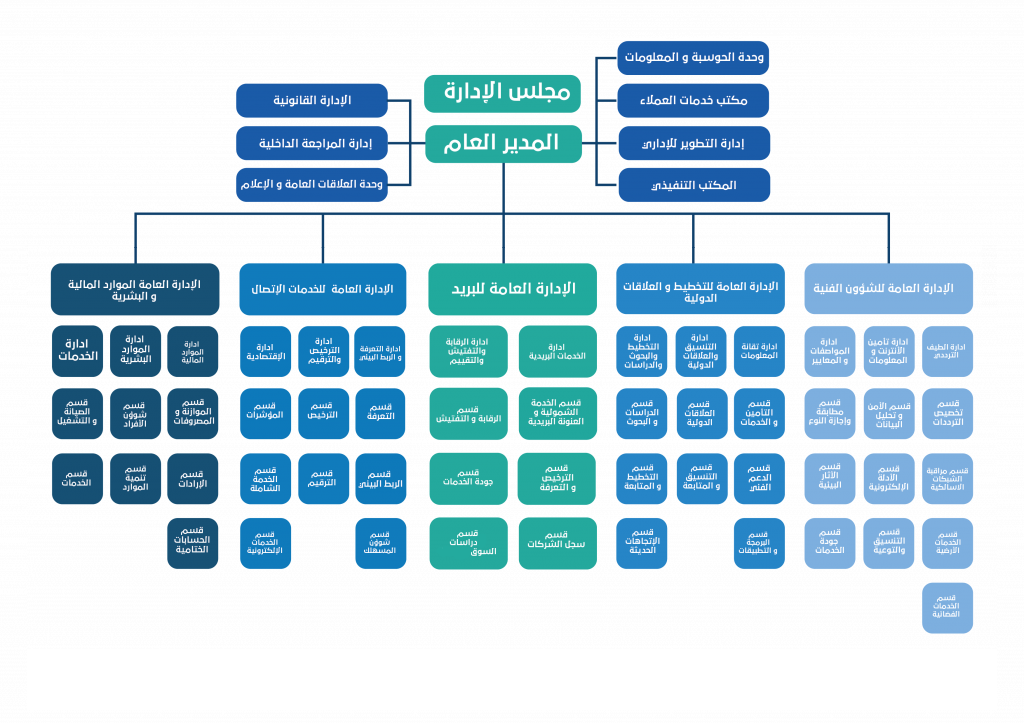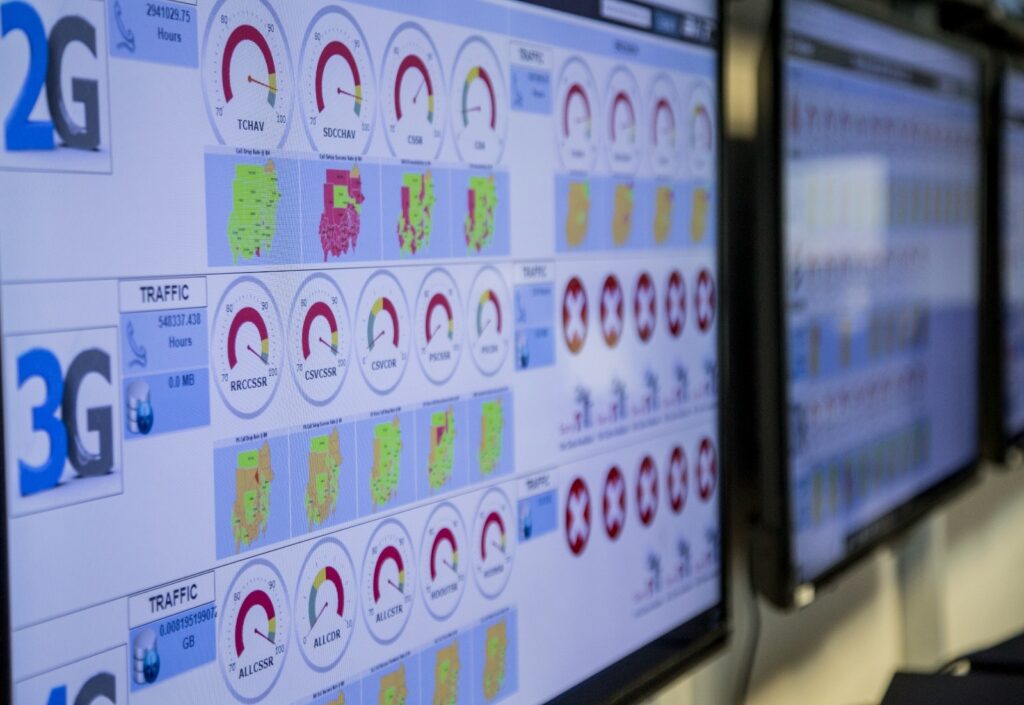A board of directors for the Authority shall be composed to handle its affairs and to exercise all the duties entrusted to the Authority. The Board shall be formed by a Cabinet decree based on the recommendation of the competent minister by the competent minister, as follows:
1- Chairman of the board of directors.
2- Director-General
3. Members representing stakeholders and competent authorities.
The office of the chairman and that of the Director-General may not be combined.
Competencies of the Board of Directors
- Setting the general policy for the Authority.
- Running the Authority affairs.
- Appointing employees of the Authority from grade three and above.
- Signing contracts and agreements.
- Approving the annual budget of the Authority .
- To suggest the terms of service for employees to the competent minister.
- Forming the necessary technical committees.
- Preparing the organizational and functional structure of the Authority.
- Issuing internal rules of procedure to organize its business and meetings.
- Receiving complaints from any person against any service provider.
- The Council may delegate any of its powers to the Director General, his deputies or assistants, or any member of the Council, according to the conditions and controls it deems appropriate.
The Board may delegate any of its powers to the Director General, his deputies and assistants or any of the Board members with these conditions or conditions that the Board deems necessary.







